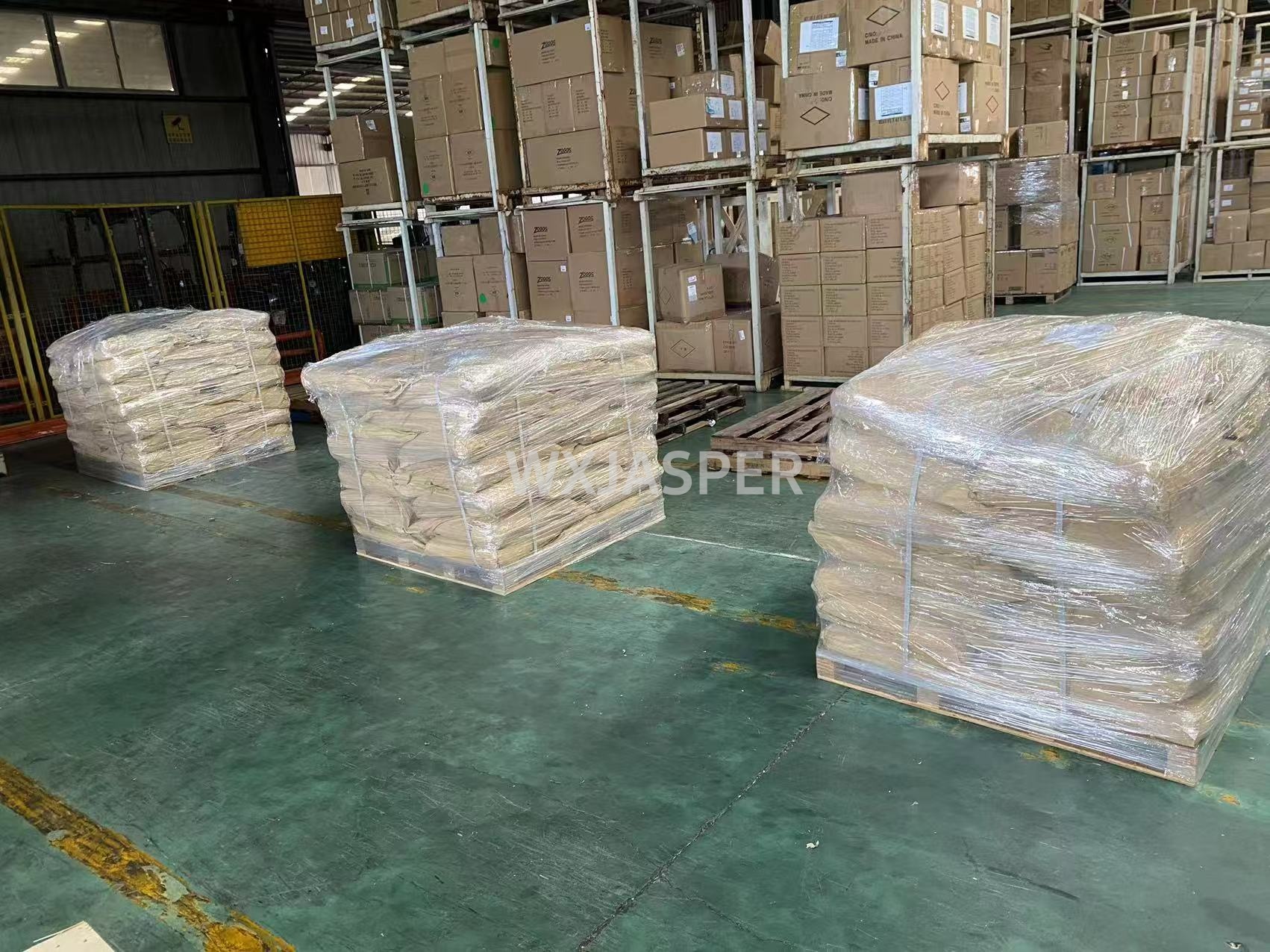Product Details
CasNo: 1702-17-6
MF: C6H3Cl2NO2
Appearance: crystal
Delivery Time: 15 days
Packing: 25kg/bag
Purity: 96%
1. Basic Information
- English Common Name: Clopyralid
- Other Names: Lontrel II, Stinger
- Chemical Name: 3,6-Dichloropyridine-2-carboxylic acid
- CAS Number: 1702-17-6
- Molecular Formula: C₆H₃Cl₂NO₂
- Molecular Weight: 192.0
2. Physicochemical Properties
- Appearance: Pure product is a colorless crystal.
- Melting Point: 151-152℃
- Vapor Pressure: 1.33 mPa (at 24℃), 16 mPa (at 25℃)
- Density: 1.57 g/cm³ (at 20℃)
- Solubility (at 25℃):
- In water: 7.85 g/L (distilled water), 118 g/L (pH 5), 143 g/L (pH 7), 157 g/L (pH 9)
- In organic solvents: 121 g/L in acetonitrile, 6 g/L in n-hexane, 104 g/L in methanol
- It can form water-soluble potassium salts with a solubility of >300 g/L.
- Stability: Stable below its melting point, photostable, and stable in acidic media. The hydrolysis DT₅₀ (half-life) in sterile water at pH 5-8 (25℃) is >30 days.
3. Toxicity
It is a low-toxicity pesticide:
- Acute oral LD₅₀ for rats: >4300-5000 mg/kg
- It causes irritation to the eyes.
4. Mechanism of Action
Clopyralid is a systemic post-emergence herbicide. It can be absorbed by the roots, stems, and leaves of weeds, then translocated within the plant. It exerts its weed-control effect by inhibiting cell division and growth in weeds.
5. Efficacy
It controls annual broad-leaved weeds and deep-rooted perennial broad-leaved weeds in fields of oilseed rape, corn, lawns, etc. It has a specific effect on perennial weeds of the legume (Fabaceae) and aster (Asteraceae) families.
6. Formulations
Main formulations include:
- 95% Clopyralid Technical Material (TC)
- 75% Clopyralid Water-Dispersible Granules (WDG)
- 75% Clopyralid Dispersible Powder (DF)
- 30% Clopyralid Soluble Liquid (SL)
7. Suitable Crops & Application Methods
- Spring Wheat Fields:
Conduct foliar spraying when spring wheat is at the 3-5 leaf stage and annual broad-leaved weeds are at the 2-4 leaf stage. The application rate is 45-60 mL per mu (1 mu ≈ 0.0667 hectares), diluted in 30 kg of water per mu. It can be used a maximum of once per crop season.
8. Precautions
- When applying the pesticide, avoid drift of the spray solution to sensitive crops such as soybeans, peanuts, and lettuce to prevent phytotoxicity.
- Under the recommended dosage, the following crops can be safely planted in the subsequent stubble 60 days after application: wheat, barley, corn, oilseed rape (not applicable to brassica juncea), and cruciferous vegetables.
- A 1-year interval is required if soybeans, peanuts, etc., are to be planted in the subsequent stubble.
- An 18-month interval is required if cotton, sunflowers, watermelons, tomatoes, adzuki beans, mung beans, or sweet potatoes are to be planted in the subsequent stubble.


